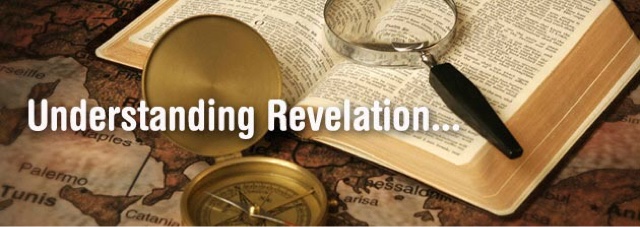"Then another angel came out of the temple in heaven, and he too had a sharp sickle. And another angel came out from the altar, the angel who has authority over the fire, and he called with a loud voice to the one who had the sharp sickle, "Put in your sickle and gather the clusters from the vine of the earth, for its grapes are ripe." So the angel swung his sickle across the earth and gathered the grape harvest of the earth and threw it into the great winepress of the wrath of God."
(Revelation 14:17-19)
The second image–that of the harvest of the grapes–beginning in (verse 17) and running through the end of the chapter, is clearly a reference to judgment upon unbelievers.
In (Isaiah 63:1-3), the prophet speaks of the winepress of God’s judgment upon sin. The image is a frightening one and clearly is in the background of John’s vision in (Revelation 14). God asks of Isaiah, [“Who is this coming from Edom, from Bozrah, with his garments stained crimson? Who is this, robed in splendor, striding forward in the greatness of his strength? “It is I, speaking in righteousness, mighty to save.” Why are your garments red, like those of one treading the winepress? “I have trodden the winepress alone; from the nations no one was with me. I trampled them in my anger and trod them down in my wrath; their blood spattered my garments, and I stained all my clothing. I trampled the nations in my anger; in my wrath I made them drunk and poured their blood on the ground.”]
One thing of which we should take note is the fact that the blood of God’s enemies–the wine which flows from the winepress– “intoxicates [them] and renders them senseless.” This theme in which God’s enemies drink in (or consume) God’s cup of wrath which is their own blood, also appears here in (Revelation 14), as John has already told us in (verse 10), that those who worship the beast “will drink of the wine of God’s fury, which has been poured full strength into the cup of his wrath.” What John depicts here, brings to fulfillment Isaiah’s prophecy, in which the Messiah who rears a robe soaked in blood–a reference to the cross–will also shed the blood of all those nations who reject him in the final judgment.
(Kim Riddlebarger)



















